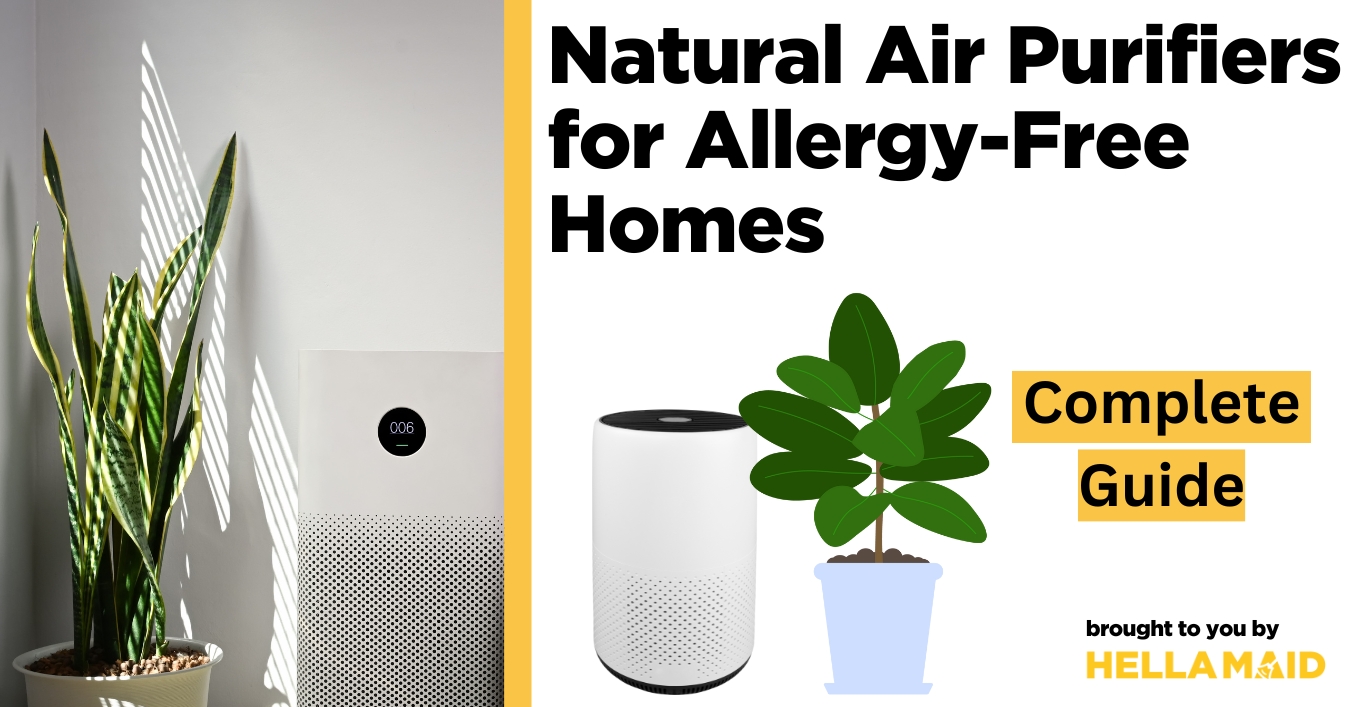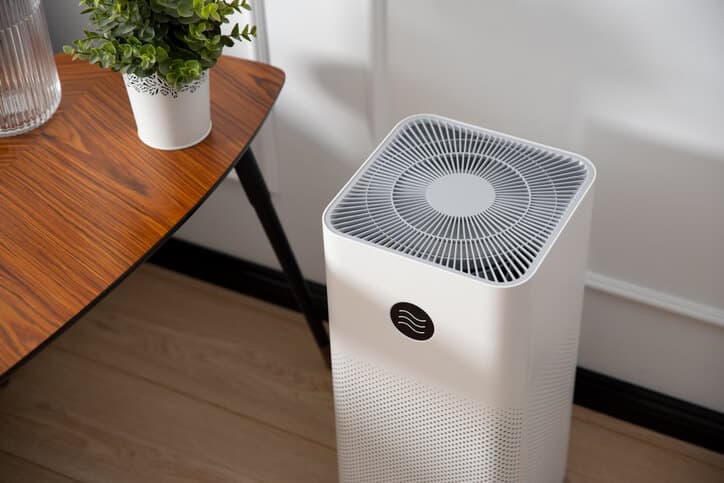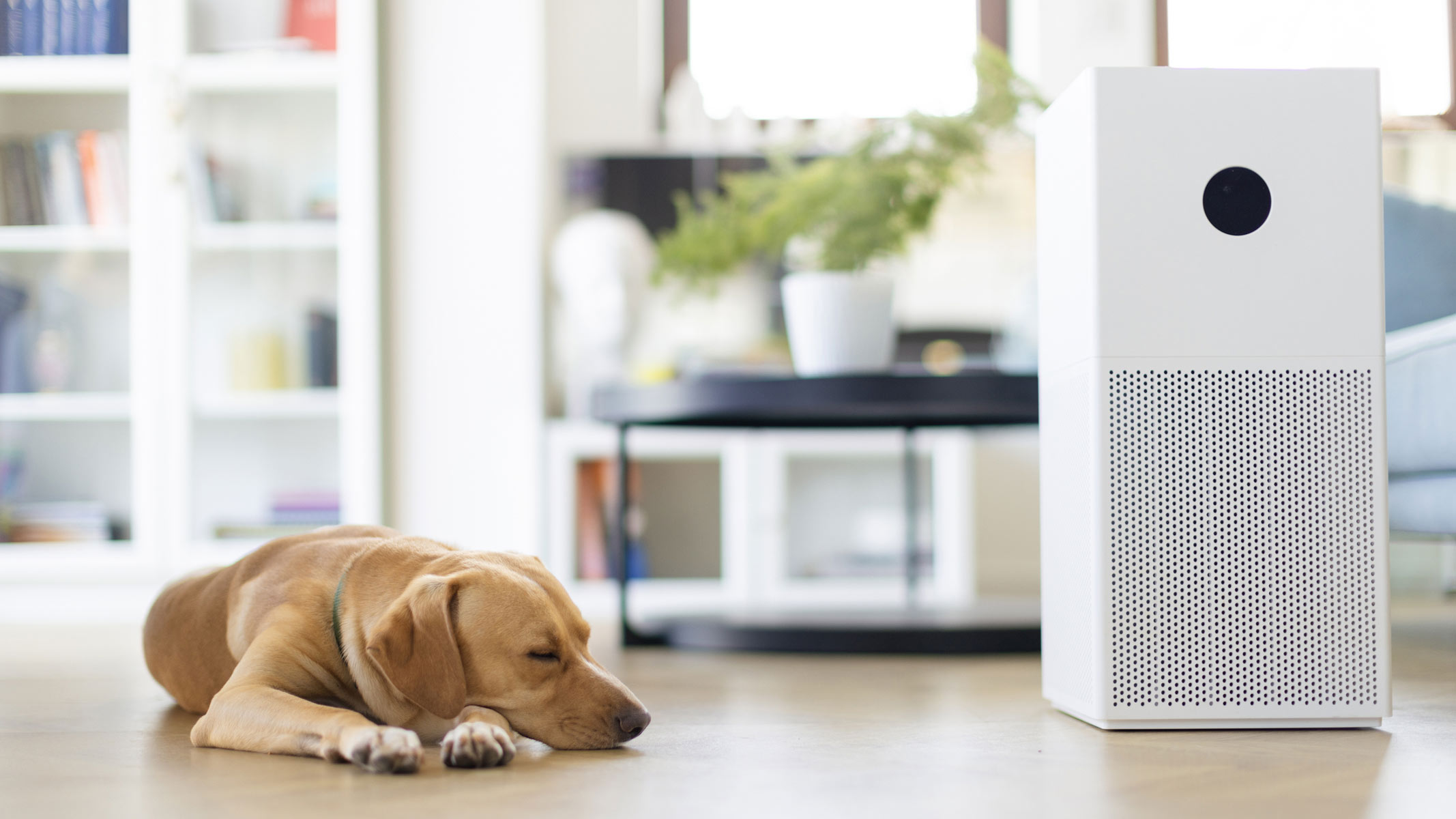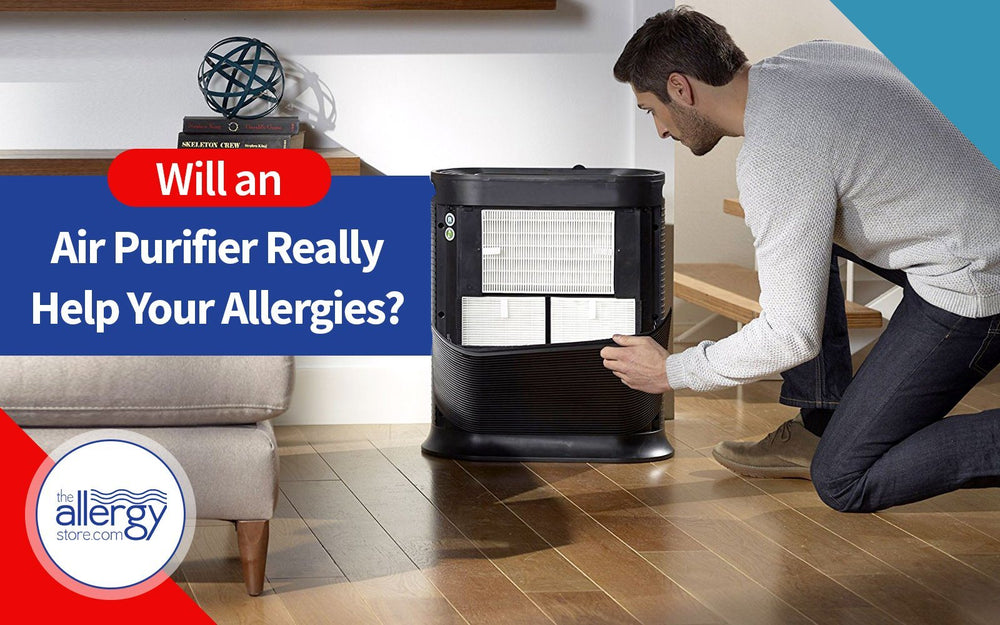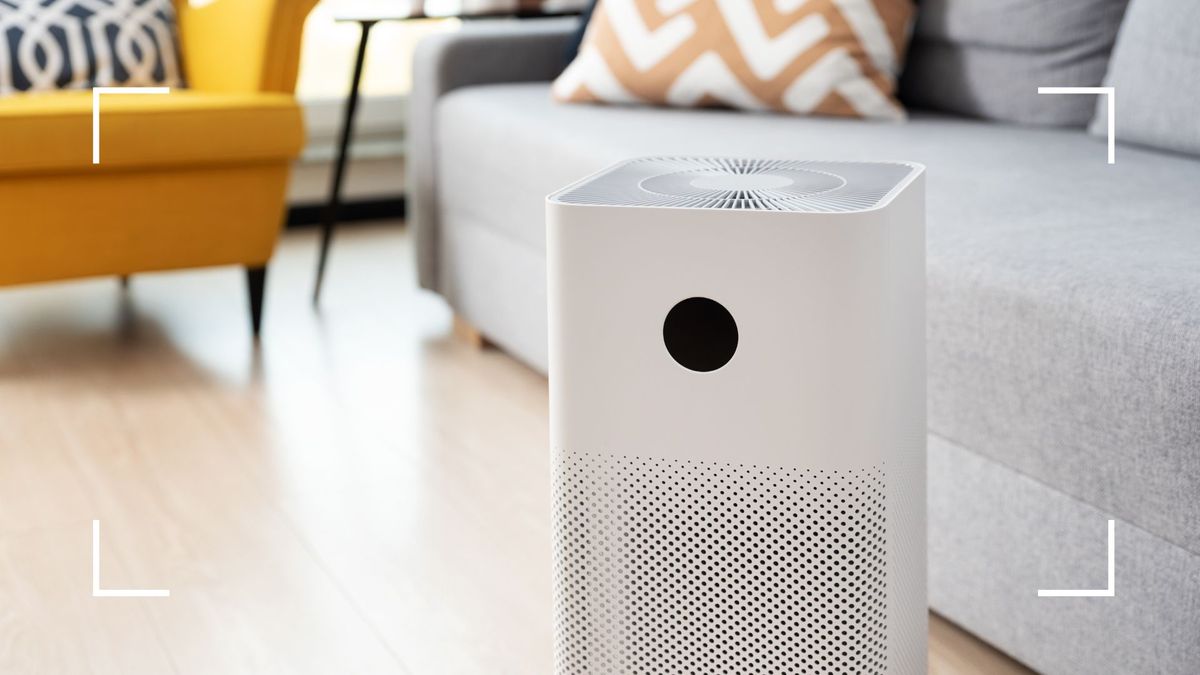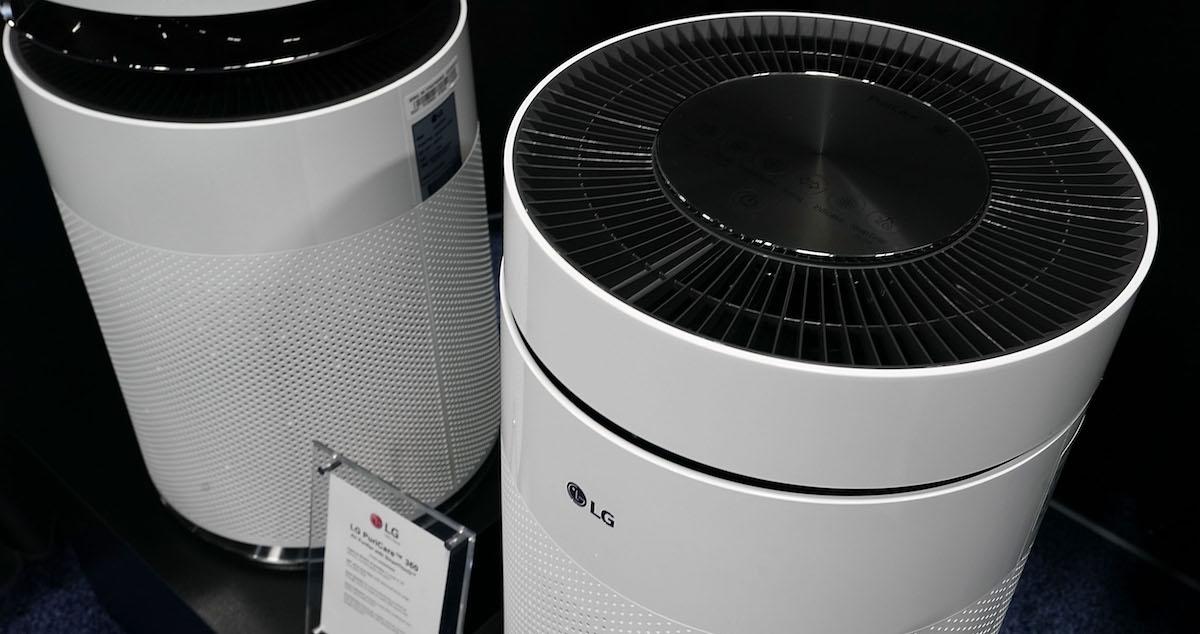Will An Air Purifier Help With Allergies
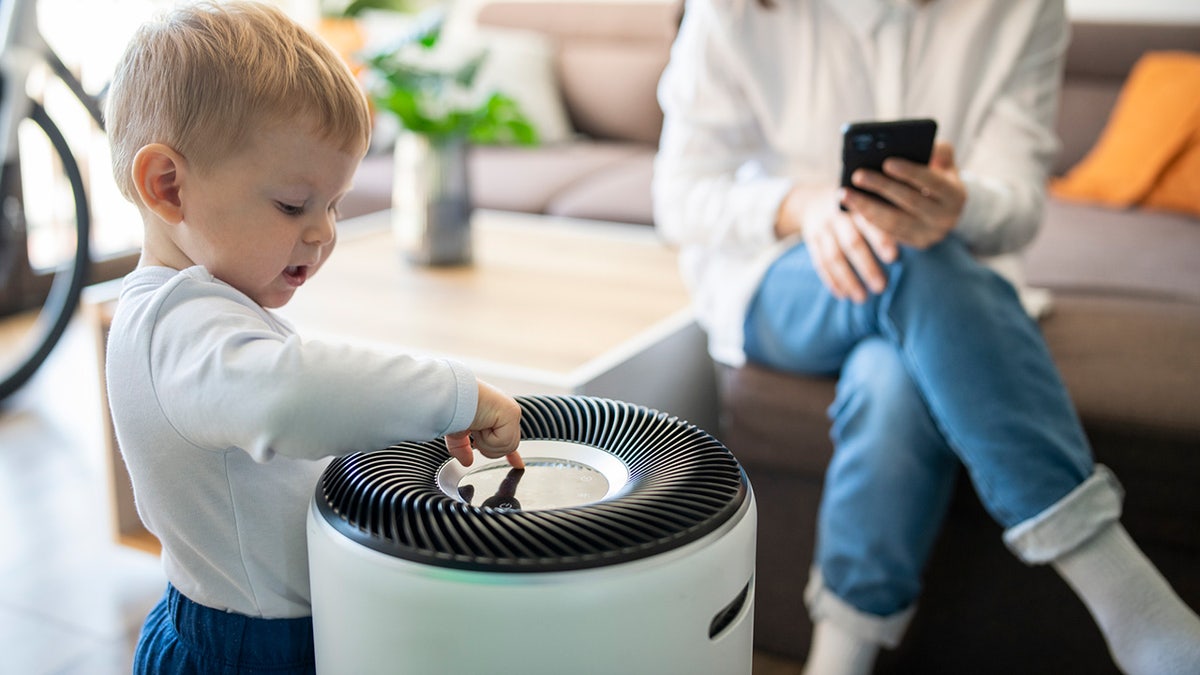
Allergies. For millions, they’re a year-round battle against sneezing, itchy eyes, and a perpetually runny nose. While medication often offers relief, many seek a more proactive approach, turning to air purification systems. But does an air purifier really help with allergies? The short answer is yes, but with caveats. Understanding the types of air purifiers, the allergens they target, and the factors influencing their effectiveness is crucial for making an informed decision.
Understanding Allergens: The Enemy Within
Before diving into air purification, it’s essential to understand what triggers allergic reactions. Common indoor allergens include:
- Pollen: Carried indoors by wind, clothing, and pets, pollen is a seasonal culprit.
- Dust Mites: Microscopic creatures that thrive in bedding, carpets, and upholstered furniture. Their droppings are a potent allergen.
- Pet Dander: Tiny skin flakes shed by pets with fur or feathers.
- Mold Spores: Found in damp areas, mold releases spores into the air, triggering allergic reactions and respiratory problems.
- Smoke: From cooking, fireplaces, or even outdoor sources, smoke particles irritate the respiratory system.
- Volatile Organic Compounds (VOCs): Released from paints, cleaning products, and new furniture, VOCs can trigger allergic-like symptoms and contribute to indoor air pollution.
The effectiveness of an air purifier hinges on its ability to capture these airborne particles.
The Air Purifier Arsenal: Types and Technologies
The market offers a variety of air purifiers, each employing different technologies to clean the air. Here’s a breakdown of the most common types:
HEPA Filters: The Gold Standard
HEPA (High-Efficiency Particulate Air) filters are considered the gold standard for allergy relief. These filters are designed to capture at least 99.97% of particles 0.3 microns in diameter. This includes pollen, dust mites, pet dander, and mold spores. Think of a very fine sieve, trapping even the smallest particles.
Pros: Highly effective at removing particulate matter. Cons: Does not remove gases, odors, or VOCs. Requires periodic filter replacement.
Activated Carbon Filters: Odor and Gas Elimination
Activated carbon filters use activated carbon to absorb gases, odors, and VOCs. The carbon is treated to create a large surface area, allowing it to trap a wide range of chemicals. These filters complement HEPA filters but don’t remove particulate matter.
Pros: Effective at removing odors, gases, and VOCs. Cons: Does not remove particulate matter. Requires periodic filter replacement and can become saturated over time.
UV-C Light Purifiers: Germ Warfare
UV-C light purifiers use ultraviolet light to kill bacteria, viruses, and mold spores. While effective at killing microorganisms, they don't remove particles from the air. They are often used in conjunction with HEPA filters to provide a more comprehensive air cleaning solution. However, proper intensity and exposure time are crucial for effectiveness.
Pros: Kills bacteria, viruses, and mold spores. Cons: Does not remove particulate matter or gases. Effectiveness depends on UV-C intensity and exposure time. May produce ozone as a byproduct (some models).
Ionic Air Purifiers: Charged Particles
Ionic air purifiers (ionizers) release negatively charged ions into the air, which attach to airborne particles, giving them a negative charge. These charged particles are then attracted to nearby surfaces, effectively removing them from the air. However, some ionizers can produce ozone, a known respiratory irritant.
Pros: Can remove particulate matter from the air. Cons: May produce ozone. Effectiveness can vary depending on the model and room conditions. Can cause particles to stick to walls and furniture, requiring more frequent cleaning.
Ozone Generators: AVOID
Ozone generators intentionally produce ozone to "purify" the air. However, ozone is a lung irritant and can be harmful, even at low concentrations. Experts strongly advise against using ozone generators for air purification.
Choosing the Right Air Purifier: Key Considerations
Selecting the right air purifier for allergy relief requires careful consideration of several factors:
- Room Size: Air purifiers are rated for specific room sizes. Choose a model that is appropriately sized for the area you want to purify. Using a smaller unit in a larger room will significantly reduce its effectiveness. Look for the CADR (Clean Air Delivery Rate) rating, which indicates how quickly the purifier cleans a specific volume of air. A higher CADR means faster cleaning.
- Filter Type: For allergy relief, a HEPA filter is essential. Consider a combination HEPA and activated carbon filter for comprehensive air cleaning.
- CADR Rating: The CADR rating, as mentioned earlier, is crucial. It measures the air purifier's ability to remove smoke, dust, and pollen from a specific-sized room. Look for a CADR rating that is appropriate for your room size.
- Noise Level: Air purifiers can generate noise, especially at higher speeds. Consider the noise level, especially if you plan to use the purifier in a bedroom or office. Look for models with a "sleep mode" that operates at a lower, quieter setting.
- Maintenance: Air purifiers require regular filter replacement. Check the manufacturer's recommendations for filter replacement intervals and factor in the cost of replacement filters. Some filters are washable, but HEPA filters typically need to be replaced.
- Ozone Emission: Avoid air purifiers that produce ozone. Look for models that are certified by the California Air Resources Board (CARB), which have been tested and meet ozone emission limits.
Optimizing Air Purifier Performance: Best Practices
Even the best air purifier will be less effective if not used correctly. Follow these best practices to maximize its performance:
- Placement: Place the air purifier in a central location in the room, away from obstructions.
- Continuous Operation: For optimal allergy relief, run the air purifier continuously, even when you are not home.
- Regular Filter Replacement: Follow the manufacturer's recommendations for filter replacement. A clogged filter will reduce the purifier's effectiveness and can even damage the unit.
- Cleanliness: Regularly clean the air purifier's exterior and pre-filter (if equipped) to remove dust and debris.
- Source Control: While an air purifier can help, it's also important to address the source of allergens. Regularly clean and vacuum your home, wash bedding frequently in hot water, and control humidity levels to prevent mold growth.
Air Purifiers in HVAC Systems: Whole-House Solutions
For whole-house air purification, consider integrating an air purifier into your HVAC system. These systems typically use a high-efficiency filter (MERV 13 or higher) and can effectively remove allergens and other pollutants from the entire home. MERV (Minimum Efficiency Reporting Value) indicates the filter's ability to capture particles of different sizes. Higher MERV ratings indicate better filtration.
Pros: Whole-house air purification, convenient, can improve HVAC system efficiency. Cons: Higher initial cost, requires professional installation, may restrict airflow if the filter is too restrictive.
Cost Considerations: A Long-Term Investment
The cost of an air purifier can vary widely, depending on the type, size, and features. Portable air purifiers range from around $50 to $500 or more. Whole-house air purification systems can cost several thousand dollars, including installation. Consider the long-term costs, including filter replacement and electricity consumption. While the initial investment may seem significant, the potential health benefits and improved indoor air quality can make it a worthwhile investment.
For instance, a high-quality HEPA filter air purifier for a 500 sq ft room might cost $250. Replacement filters, costing around $50 each, may need changing every 6 months. Therefore, the total cost for two years is $450.
Professional Consultation: Getting Expert Advice
If you are unsure which air purifier is right for you, consult with an HVAC professional. They can assess your specific needs and recommend the best solution for your home and budget. They can also help you with installation and maintenance of whole-house air purification systems.
In conclusion, an air purifier can be a valuable tool for allergy relief, but it's not a magic bullet. Choosing the right type of purifier, using it correctly, and addressing the source of allergens are all crucial for maximizing its effectiveness. With careful planning and informed decision-making, you can breathe easier and enjoy a healthier indoor environment.
